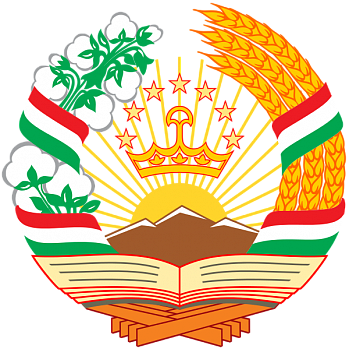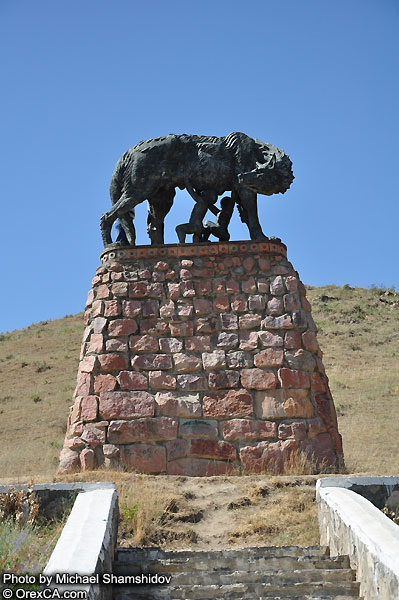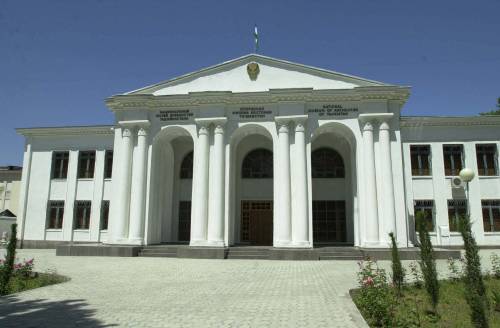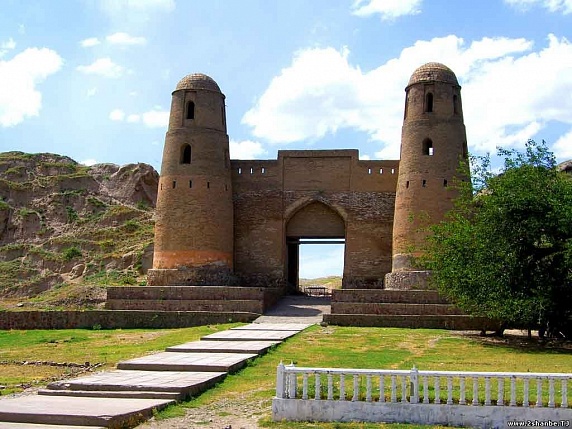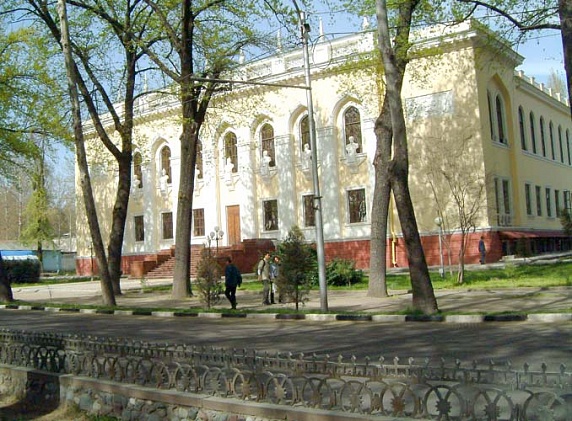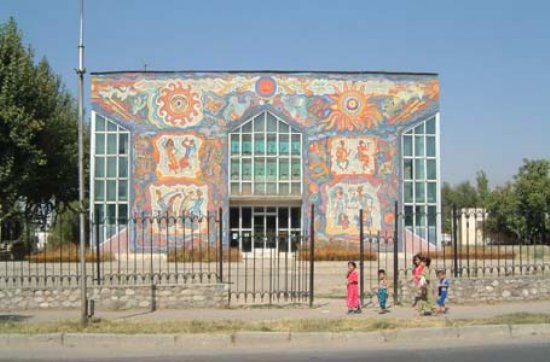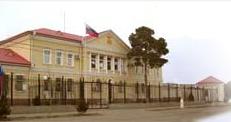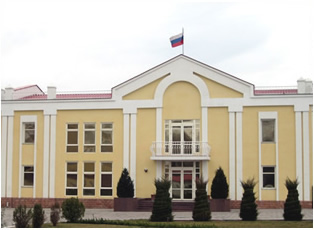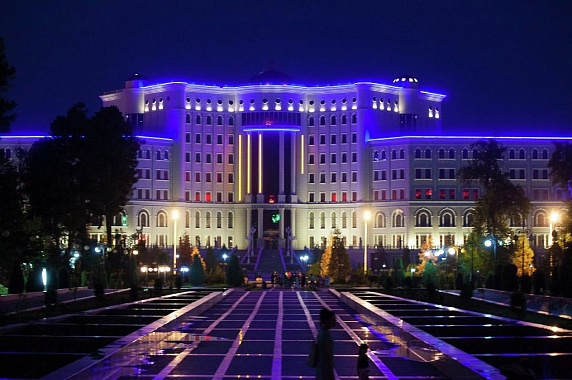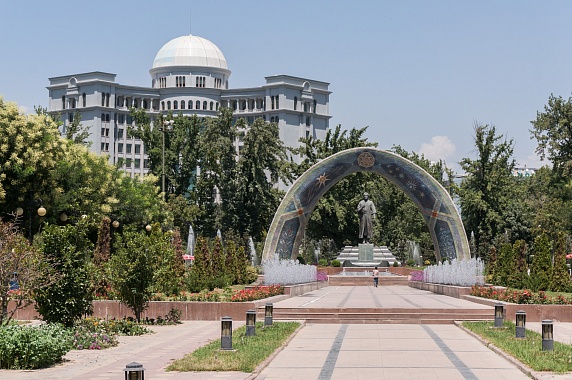 Республика Таджикистан
Республика Таджикистан
Foreign Minister Sergey Lavrov’s statement and answers to media questions following a meeting of the CIS Council of Foreign Ministers, Minsk, October 14, 2021
We held a productive meeting of the Council of Foreign Ministers of the Commonwealth of Independent States (CIS). We approved a number of statements to be submitted to tomorrow’s meeting of the Heads of State Council: on the CIS’s 30th anniversary; migration cooperation; and biosecurity cooperation. At the same time, the foreign ministers adopted their own document – a joint statement in support of the efforts to strengthen the regime of the Biological and Toxin Weapons Convention (BTWC).
We endorsed provisions on the International Association (Commission) of Historians and Archivists of the CIS Member States. In the year of the 80th anniversary of the outbreak of the Great Patriotic War, when our Western colleagues are going all out to falsify its course and causes and revise its outcome, this will allow CIS historians and archivists to promote their cooperation, facilitate access to archive documents and help scholars coordinate their efforts.
The participants decided to announce 2022 as the Year of Folk Art and Cultural Heritage, which will also promote the development of cultural cooperation between our countries.
We are pleased with the results of the meeting and grateful to our Belarusian friends for its excellent organisation.
Question: US Under Secretary of State for Political Affairs Victoria Nuland visited Moscow earlier this week. Yesterday, President of Russia Vladimir Putin said the discussion focused on further contacts between Russia and the United States, including at the top level. Are you working on a meeting at the top level? Could it take place on the sidelines of the G20 summit in Rome?
Sergey Lavrov: We are reviewing potential schedules for further contacts between the presidents during my conversations with US Secretary of State Antony Blinken and at the level of our deputies. There is an obvious mutual desire to develop them. The Presidential Executive Office will certainly inform you about these plans once we agree on the dates.
Question: The foreign ministers will soon meet in the Normandy format. Will they meet offline or online? What shall we expect? Is this meeting a prelude to a heads of state summit? If so, when might it take place?
Sergey Lavrov: In his telephone conversation with French President Emmanuel Macron and German Federal Chancellor Angela Merkel at their initiative, President of Russia Vladimir Putin discussed whether it would be beneficial to resume work in the Normandy format. Ultimately, our President emphasised that before holding a new summit, it is necessary to implement the decisions of the previous summit held in Paris in December 2019.
President Putin cited convincing facts showing that Kiev had not fulfilled anything that it promised to do at the previous summit. The leaders agreed that their aides, advisors and foreign ministries would continue consultations to decide what to do next. I was a bit surprised that our Western colleagues are so persistent in promoting the resumption of the Normandy format without ensuring the implementation of the previous decisions.
The EU-Ukraine summit took place a couple of days after that. Its participants adopted a joint statement that was signed, among others, by President of the European Commission Ursula von der Leyen and President of the European Council Charles Michel. In this statement, Russia is bluntly called “an aggressor.” The signatories demand in a rude and categorical manner that we fulfill the Minsk agreements as one of their parties. This seriously contradicts the truth and even the ambiguous answers of German and French experts to a direct question: Who are the parties to the Minsk agreements? We are saying that under the agreements Kiev, Donetsk and Lugansk should come to terms on the special status of Donbass, preparations for elections, amnesty and many other issues. We ask the German and French co-authors of the Minsk agreements whether they confirm the need for a direct dialogue. They suggest refraining from the mention of the sides. They consider it correct to leave “constructive uncertainty.” Now instead of “constructive uncertainty,” Ms von der Leyen, Mr Michel and Mr Zelensky bluntly call Russia “a party to the conflict.” We want to figure out what is going on in the EU and how we can continue working.
Question: You said recently that Russia is concerned over EU and US interference in the domestic affairs of Belarus. How does it affect us? Should we counter it in the future with joint Russia-Belarus actions?
Sergey Lavrov: Any instances of interference in the domestic affairs of any state are a direct violation of the UN Charter. It is necessary to view them as such and stop them then and there. We are willing to do this in cooperation with our Belarusian neighbours and other allies and strategic partners.
Question: Did you discuss the functioning of the Russian media in Belarus, in part, the Komsomolskaya Pravda newspaper?
Sergey Lavrov: Yes, we did. I talked again with my colleague, Foreign Minister of Belarus Vladimir Makei. There is a common understanding of the need to do everything to create the best possible conditions for the work of the Russian media in Belarus and Belarusian media in Russia. There are some ideas. We will soon carry them out.
Question: After the change of power (first, the President and later the Government), Moldova announced its intention to develop healthy relations with Russia. However, although Maia Sandu has been President for a year, and the new Government assumed office in summer, there have been no contacts between heads of state and government and even foreign ministers up to this day. Are any contacts planned in the near future? Are you discussing such contacts?
Sergey Lavrov: Maia Sandu has repeatedly expressed in public her desire to have normal, mutually beneficial relations with the Russian Federation. Some Western representatives began to reproach her for that: Why does she make such foreign policy deviations instead of focusing firmly on moving towards the EU? This is yet another instance of US and EU interference in other countries’ internal affairs. We are ready for contacts, and they should be thoroughly prepared. Foreign Minister of Moldova Nicu Popescu will come to Russia next month and we will discuss in detail the entire range of our relations.
Question: There are reports that the United States is discussing the deployment of counterterrorism forces in Uzbekistan. Is this probing? What does Moscow know about this? What is its attitude to this?
Sergey Lavrov: I haven’t heard about this. Our Central Asian neighbours, allies and strategic partners are telling us that they consider such actions unacceptable. It is better to ask our Uzbek colleagues about this.
Let me repeat that our Central Asian friends are telling us they do not want similar initiatives by the United States or other NATO countries.

